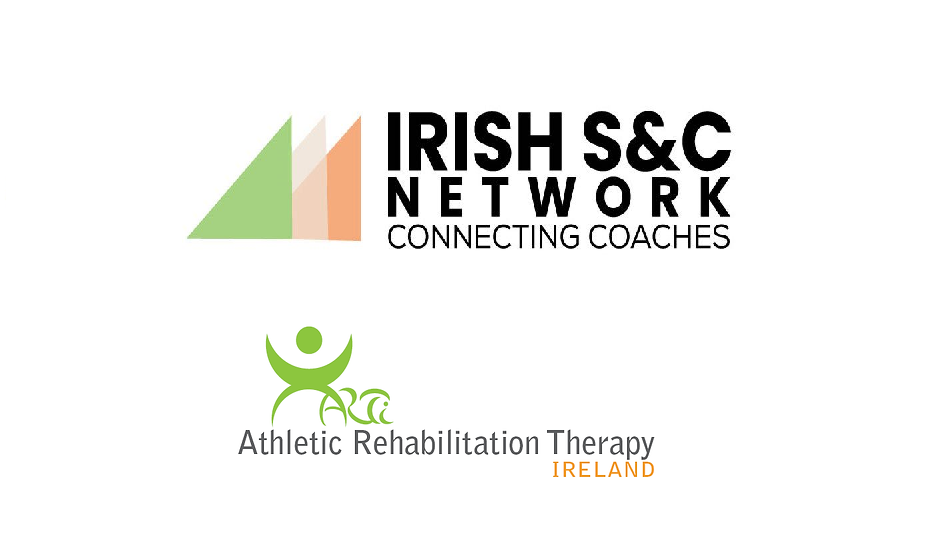Dublin Marathon: The important role of Athletic Therapists
Today, we sit down with Certified Athletic Therapist Owen Feeney. We discuss the important role ATs play in Dublin Marathon, and why he feels it's a vital opportunity for the profession.

Owen, as the Head Athletic Therapist for Dublin Marathon, feels this is the perfect arena for Athletic Therapy to shine. "Athletic Therapy has given us a unique skill set which can be applied to the fast-paced world of event medicine. We have to be reactive to incidents that occur pitch side, and along with our Emergency First Responder training, we are perfectly equipped to support the athletes of an event like this".
Owen feels it puts Athletic Therapy and the capability of CATs and ATs on show to the public. "It's fast-paced, almost hospital-like. We work alongside doctors, nurses, EMTs and paramedics. We see everything. In my time so far I have experienced; strokes, heart attacks, exhaustion, severe dehydration, breaks, sprains, fractures and glucose/salt complications".
"Athletic Therapists are so well-equipped to deal with emergency situations. Their hundreds of clinical hours and pitch-side hours in college go a long way toward this. Their ability to interact with people who are in distress and their educational background give them all the tools they need to work in the major and minors of a field hospital. And I look forward to the day the HSE recognises this and allows for CATs to take on roles in hospitals as they have in the UK".
Most incidents are immediate and acute. This requires quick thinking and a good understanding of not just what the patient needs now, but in the long term. "Often this may be as simple as providing them with support in the form of making them feel safe at a time when they are scared, as most people don't anticipate a trip to the field hospital. This is where the clinical practice side of ATs experience comes into play".
When working at Dublin Marathon ATs experience patients that have become injured, or experienced difficulties, because of the training or activities that they undertook ahead of the marathon. An ATs understanding of this, and their ability to explain what's happening can instantly calm and reassure an athlete. This alone is a vital skill that is invaluable in any healthcare setting.
"It's a chance to show up and put on the AT badge and be respected by your peers for your skills. You are part of a team who knows what you're capable of. I began the role when organisers realised that I had an in-depth knowledge of MSK concerns. Once they realised I wasn't a physio, they were curious about where I gained such knowledge. This was my chance to introduce them to the profession.
One year, the entire event had only CATs and ATs work the marathon. That was one of the highlights of my career. Just to watch ATs shine and show how invaluable they are to healthcare".

